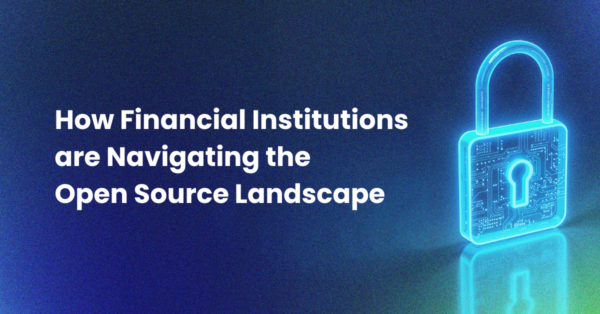VANCOUVER, British Columbia – July 11, 2000 – ActiveState, a leading supplier of Internet programming software and services, announced today support for Microsoft Corp.’s next generation .NET Framework software with Perl .NET and Python .NET. Their benefits include easy interoperability between languages, cross-language inheritance and they will enable programmers to simply create, extend and consume .NET components. The .NET Framework is a multi-language, component software architecture from Microsoft that is XML-based, supports SOAP, is scalable, includes error handling and debugging capabilities, and will reduce the amount of 'plumbing' code programmers will need to write.
"As the leader in open source programming languages, we're delighted to provide more options for the millions of Perl and Python developers", said Dick Hardt, CEO, ActiveState. "The Microsoft .NET Framework removes the technical barriers of true cross-language development enabling Perl and Python programmers to leverage components built with other languages and vice versa. This allows programmers to use the language they're most familiar with and that's best suited for the task."
"Microsoft is excited to see the .NET Framework supported by these popular open source scripting languages", said John Montgomery, Group Product Manager, Microsoft .NET Framework at Microsoft. "The combination of ActiveState's Perl .NET, Python .NET and Microsoft's .NET Framework will make it easy for programmers to create Web applications and Web services."
"The .NET Framework fits Perl's motto of 'making easy things easy and hard things possible'. It allows you to directly use components developed in other programming languages without having to write any kind of glue layer", said Jan Dubois, Senior Developer, ActiveState. "The new Perl .Net compiler also allows you to create .NET Framework components, making the expressive power of Perl available everywhere."
ActiveState will be doing demos of Perl.NET and Python .NET software at the Microsoft PDC conference in Orlando and the O’Reilly Open Source Conference in Monterey.





